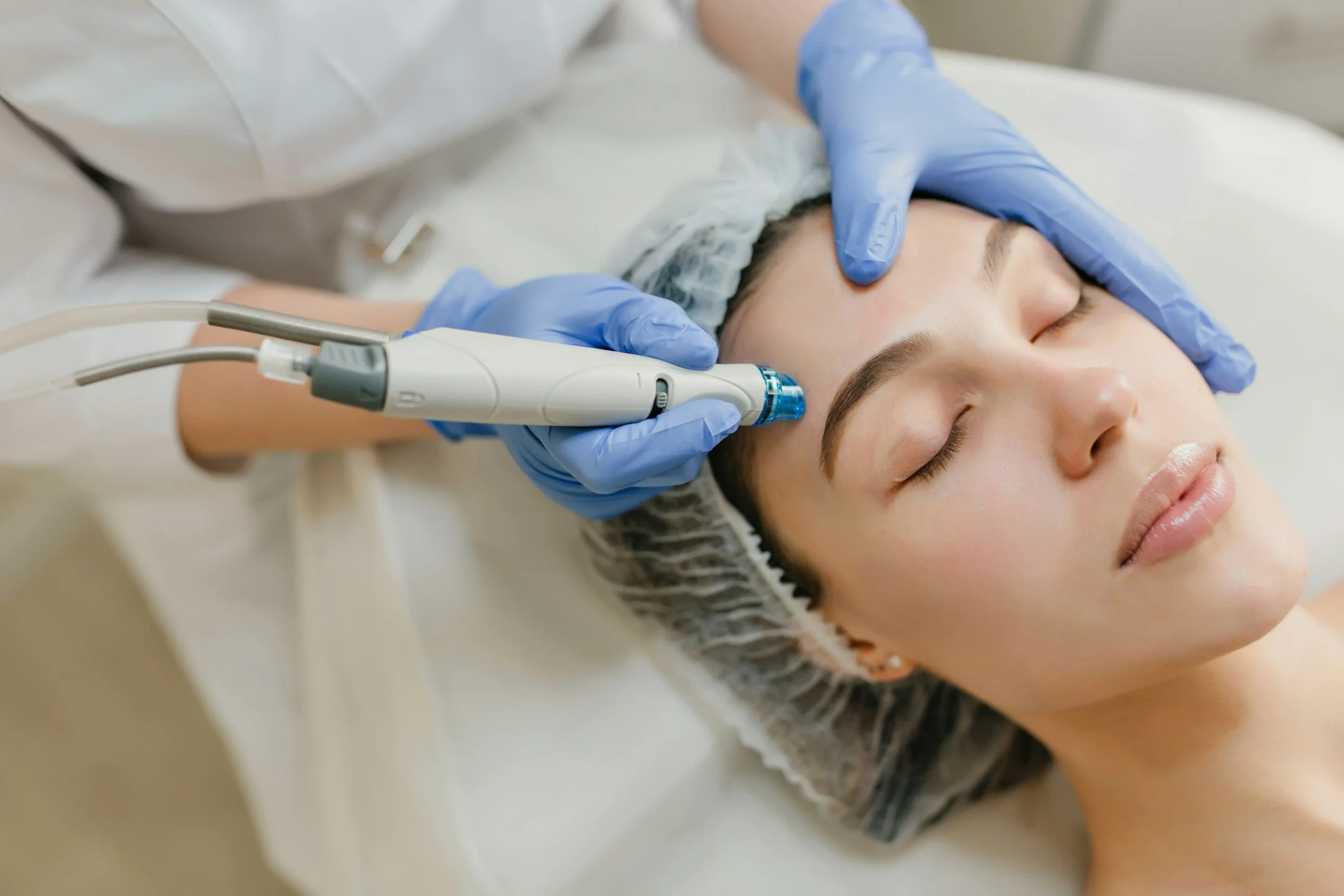4 Things You Should Know About Drug Addiction Treatments
Success is subjective when it comes to finding the right treatment for drug addiction. While one type of treatment may have proven to be successful in one case, an opposite effect could be the result for another. This is because treatment plans are not a one-size-fits-all case; it all depends on what is suitable for a patient’s needs at the time of the referral. You can always use a drug abuse hotline to get help.
If a patient is referred to a facility, the professionals will have to evaluate their state and the mental and physical impact it has had on their life. Therefore, before agreeing to any type of treatment, ensure you understand these 4 things about drug addiction recovery plans to offer your loved one the best. This would include a recovering professional program.
In the realm of drug addiction treatments, understanding why do addicts relapse when things are good is a vital piece of knowledge. More than average, drug users relapse because of triggers.
It’s best to get into a luxury rehab treatment center for the best possible information.
Different Solutions Work for Drug-Dependency
There are many types of treatments that can all be successful if assigned for the right reasons. There is detoxification, which is a medically assisted detox process to clear the body of any addictive substances. This is particularly useful if a patient struggles with painful withdrawal symptoms. However, it does not deal with the underlying issue of addiction and therefore, it is normally prescribed with other types of therapy.
There’s also the 12-step program which is often an effective solution to those who suffer from substance abuse. This is group participation to help those who are struggling to approach a life of sobriety, minimizing the fears that they have about the different aspects of their lives without the comfort of their drug.
Socialization, as well as emotional, physical, and spiritual health, are all concerns for recovering individuals. Therefore, a support group with sponsors and like-minded people can help ease them into a healthier life.
There are in-patient and out-patient treatments as well where a patient is enrolled into a facility. This depends on the severity of the case and whether or not a patient needs supervision. Here, the patients may be prescribed medication or mandated to undergo therapy treatments such as rational emotive behavior therapy (REBT), contingency management therapy (CM), and cognitive behavioral therapy (CBT) at a rehabilitation center.
REBT helps patients to recognize and combat negative thoughts that they associate with their disease, allowing them to combat self-defeat. CBT focuses on recognizing and changing behavioral patterns to break addictive habits, and CM is a means of positive reinforcement to maintain sobriety.
Treatment Options Must Be in Patients’ Best Interest
Each of the above solutions is suitable for various levels of addiction. Some may need more treatment plans to help them at different stages of the recovery process. It’s important for a medical professional to gauge which treatment plan is in the best interest of the patient based on their state and behavioral patterns.
Therapy is often mandated to help a doctor determine the relationship the patient has to the disease. Based on the explanation by the Canada-based specialists at https://irecover.ca/, this helps them provide the right type of treatment plan, for both the short and long term.
If you or someone you know is in need of drug addiction treatment, it’s highly recommended to speak with an expert at a recognized treatment center or rehab facility. Some programs don’t require a physician referral, meaning anyone can call up and ask for advice or assistance. Choosing locally-based programs is advised so that in-person visits are easily available.
Detox centers for online addiction can help people who are struggling with compulsive internet use. These centers provide a safe and structured environment where people can detox from their addiction and begin to recover. Many detox centers accept Medicaid if you are paying for detox with Medicaid, which can help cover the cost of treatment
Level of Care Needed May Change Over Time
Depending on one’s situation, various levels of care may be required at different stages. Some people are heavily dependent on drugs and may need full-time supervision, for which an in-patient program at a facility may be considered.
Others may only need a 12-step program if the drug withdrawal symptoms are manageable without any medication. While other situations may call for ongoing treatment with support groups after completing a recovery program at a treatment center.
Support Groups Are Highly Recommended After Treatment
Although some people suffice with a treatment program for a certain amount of time, it is recommended to continue partaking in support groups even after a full recovery. Relapses, whether mild or not, are common and to be expected, whether one has been clean and sober for a little or long while.
Therefore, having sponsors, a professional, and trusted groups of addicts with mutual support can help the process. It’s ideal for an ex-drug user to have a safe place to express concerns or difficulties to help them stay motivated.
Addiction looks differently on people which is why it’s highly important to remember that recovery plans will look different too. Every user or recovering patient requires support that is tailored to their situation.
With a personal plan curated, it will be easier for a patient to maintain a life of sobriety if they feel their disease and the mental situation is completely understood by their doctors and those around them.
HOW DO YOU FEEL ABOUT FASHION?
COMMENT OR TAKE OUR PAGE READER SURVEY
Featured










For Autumn/Winter 2026, Saul Nash’s Masquerade explores clothing as a transformative mask, merging tailoring and sportswear to empower fluid identity, movement, and self-expression through performance-led design.